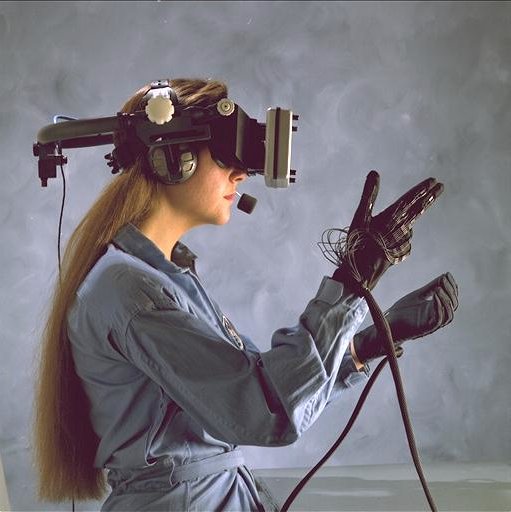Gaming has come a long way since sitting around a table to enjoy a game of whist or a board game with all the family was considered the norm. And nowadays, video games also bear very little relation to the ones that first appeared in pubs and clubs in the 1980s.

With technology changing at such a quick rate, what can we expect to see in the near future?
Unsurprisingly, it’s an area that virtually every month brings exciting new developments and innovations, and close observers of games and the gaming world are already making bold predictions for the future.
One of the first things that games designers are looking to do is to bring in new age groups and demographics as players. One of the ways that they are hoping to do this is by introducing more and more so-called cross-generational games. This is just a fancy way of describing games that both parents and kids can enjoy equally, even if it’s for very different reasons. If you think about the way that films like the Toy Story series and even TV shows like The Simpsons can be appreciated on a number of levels you start to get the picture.
Older people are another group who, to date, have been largely overlooked by the gaming industry and this too could be about to change. With an ageing population, a significant number of whom may live on their own, we can probably expect to see more and more games being designed to involve them and to help the feel part of a wider community.
The great technological advances we’re seeing will also undoubtedly have a big effect on the changing nature of games, whether that means having an ever wider range of interfaces through which they can be played or by being able to use a game app to link to a home 3 D printer and create plastic models of favourite game characters or accessories.
This breaking down of barriers between games and the real world will undoubtedly also be accelerated by the rapid advances being made in the fields of virtual and augmented reality.
In the former the player’s immersed in the world of the game - making its applications almost limitless - while the latter overlays extra elements on the world around you.
Virtual reality is also likely to have a far wider range of applications than simply in online games. For example it could have a great role to play in transforming the online experience for players in online casinos. Some are even predicting that in the future it could make playing on the internet as exciting and involving as actually visiting a real casino.
So with an industry that obviously has so many ambitious plans for the future, along with the technology to put them into action, one thing’s for certain – games are set to become an even more serious business in the future.






























